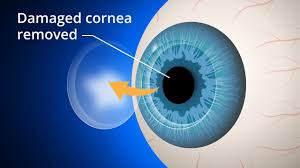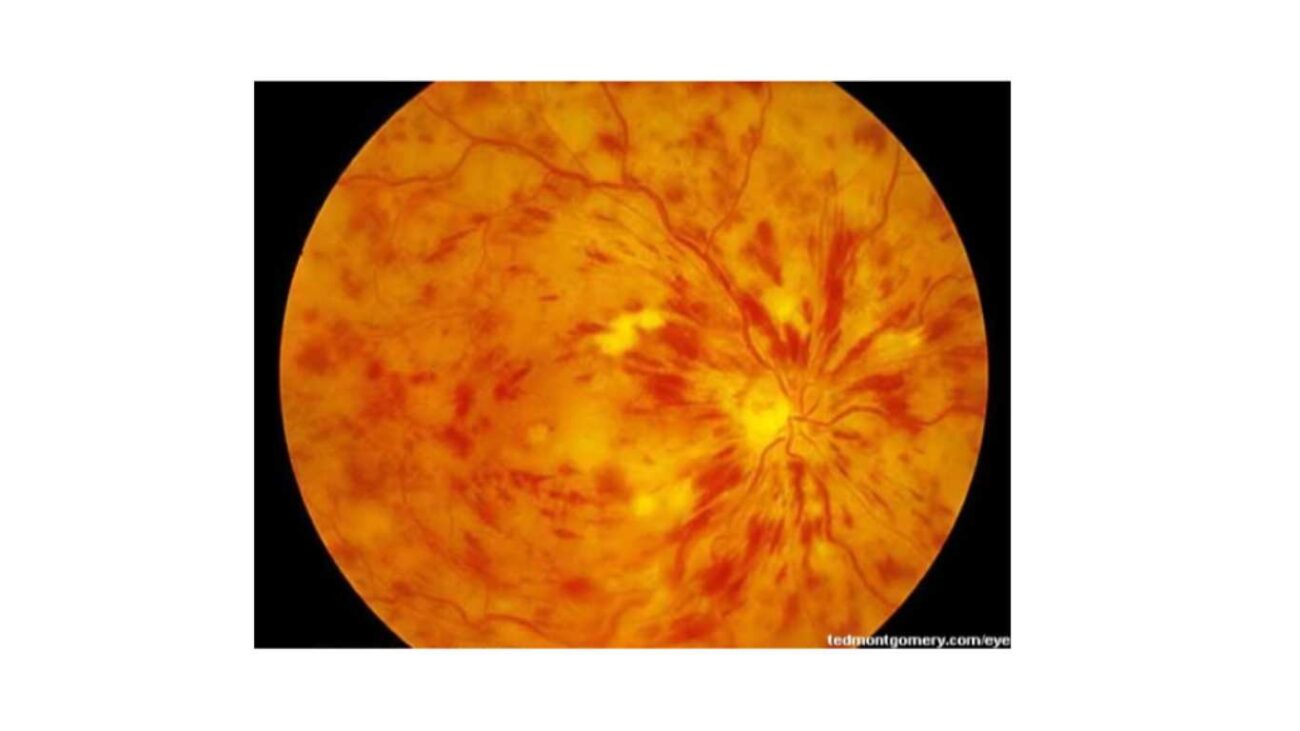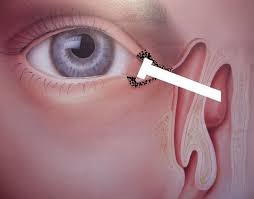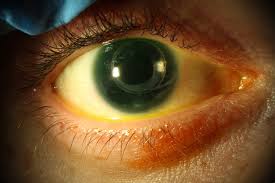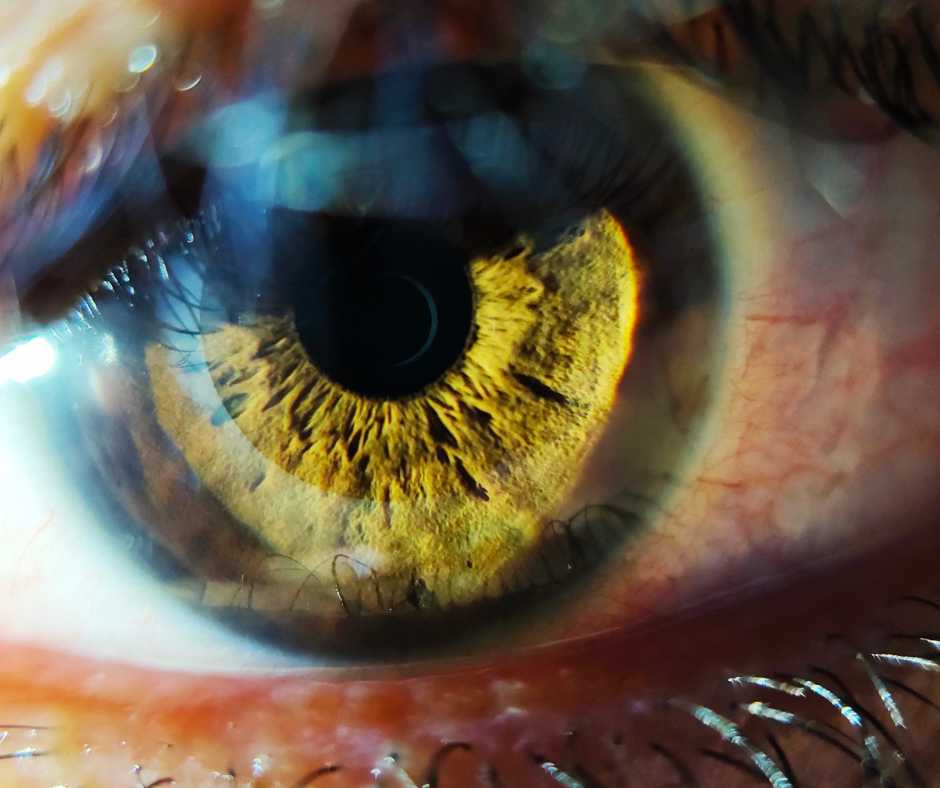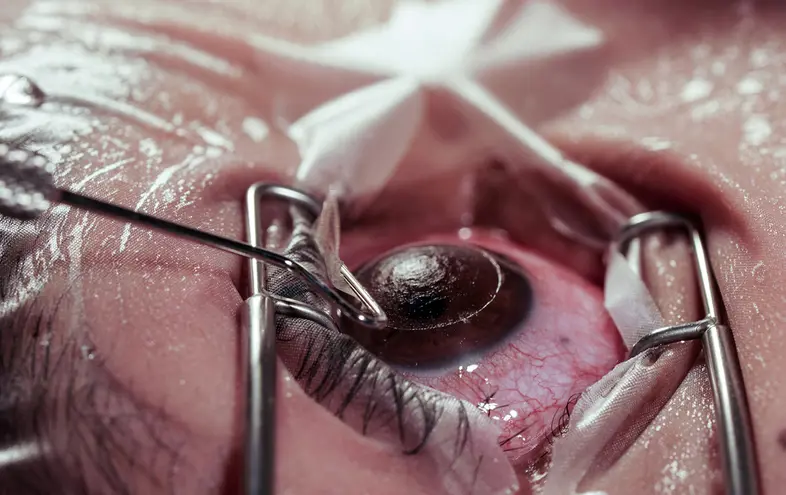Introduction: Laser treatment of eyes
In recent years, laser treatment has revolutionized the field of ophthalmology, offering millions of people the chance to regain their vision without the need for glasses or contact lenses. This article will delve into the world of Laser treatment of eyes, shedding light on the different procedures available, their benefits, and what to expect during and after the treatment.
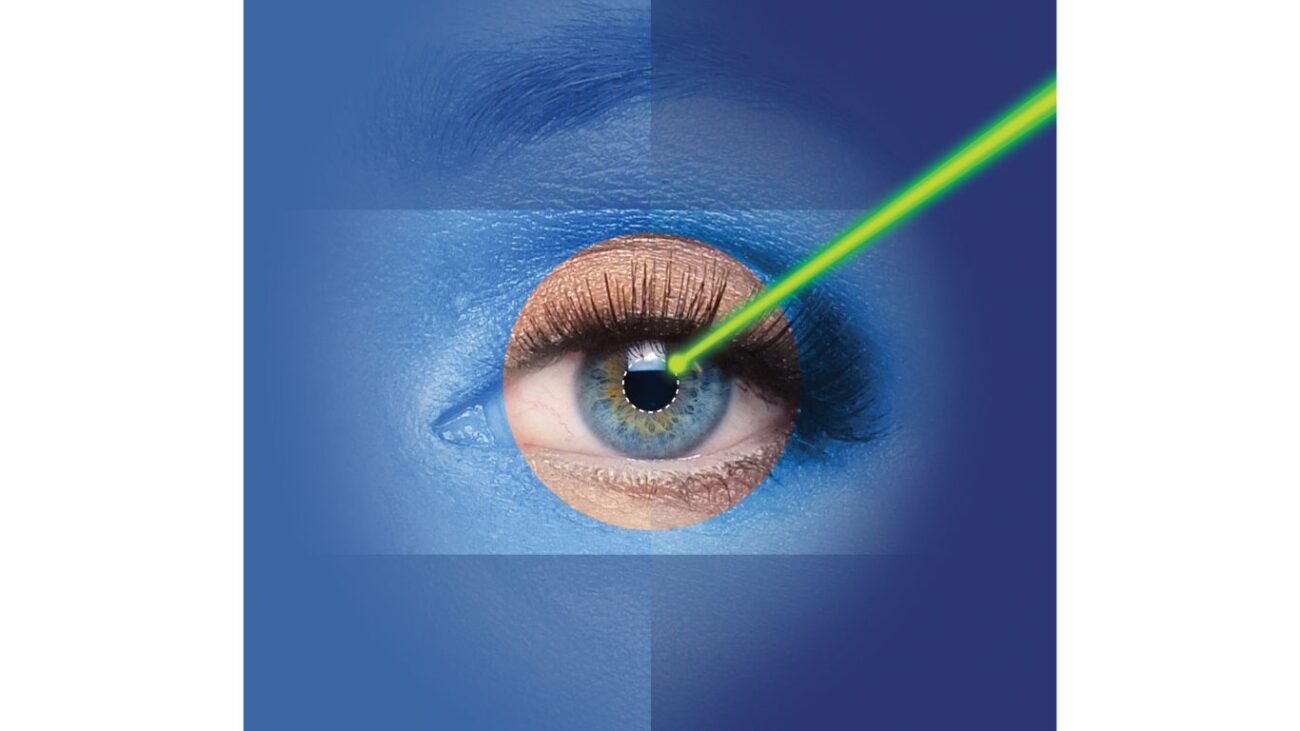
Understanding the Basics
1. What Is Laser Eye Treatment?
Laser treatment , also known as refractive eye surgery, is a medical procedure that uses advanced laser technology to reshape the cornea, the clear front surface of the eye. By altering the cornea’s shape, the procedure can correct various vision problems, such as nearsightedness (myopia), farsightedness (hyperopia), and astigmatism.
2. Types of Laser Eye Treatments
There are several types of Laser treatment of eyes available, including:
a. LASIK (Laser-Assisted In Situ Keratomileusis)
LASIK stands out as one of the most favored and frequently conducted laser eye surgeries.. It involves creating a thin flap in the cornea, reshaping the underlying tissue, and repositioning the flap. LASIK is known for its rapid recovery and minimal discomfort.
b. PRK (Photorefractive Keratectomy)
PRK is an alternative to LASIK. It involves removing the thin outer layer of the cornea, reshaping the underlying tissue, and allowing the cornea to heal naturally. PRK is often recommended for individuals with thin corneas or certain corneal irregularities.
c. LASEK (Laser Epithelial Keratomileusis)
LASEK is a hybrid of LASIK and PRK. It involves creating a flap in the cornea’s outer layer, similar to LASIK, but without cutting a full-thickness flap. LASEK is a suitable option for those with thin corneas or a high risk of flap complications.
The Laser Eye Treatment Process
3. Pre-Operative Evaluation
Before undergoing Laser treatment of eyes, you’ll undergo a thorough eye examination to determine your candidacy for the procedure. Your eye surgeon will assess your corneal thickness, prescription, and overall eye health.
4. The Procedure Itself
During the procedure, you’ll be given numbing eye drops to ensure you remain comfortable. Your surgeon will use a specialized laser to reshape your cornea, a process that typically takes just a few minutes per eye.
5. Post-Operative Recovery
After the treatment, you’ll need to take some time to rest. Your vision may be blurry initially, but it should improve within a day or two. Your surgeon will provide specific guidelines for post-operative care, including the use of prescribed eye drops.
Benefits of Laser Eye Treatment
6. Improved Vision
The primary benefit of laser treatment is improved vision. Many individuals achieve 20/20 vision or better after the procedure, reducing or eliminating the need for glasses or contact lenses.
7. Quick Results
Laser eye treatment delivers rapid results. Most people notice a significant improvement in their vision within days, and many can return to their normal activities shortly after the surgery.
8. Long-Lasting Effects
Laser treatment offers long-lasting vision correction. In most cases, the effects are permanent, providing years of clear vision.
Considerations and Risks
9. Candidacy
Not everyone is a suitable candidate for Laser treatment of eyes. Factors such as age, prescription stability, and eye health play a role in determining eligibility.
10. Potential Side Effects
While laser treatment is generally safe, there are potential side effects and risks, including dry eyes, glare, and halos, which should be discussed with your surgeon.
Author Details:
Dr. Sushruth Appajigowda holds a prominent position as a Cornea, Cataract, Glaucoma, and LASIK Surgeon in Bangalore. He serves as the chief Cataract and Refractive surgeon at Vijaya Nethralaya Eye Hospital, Nagarbhavi Bangalore. Renowned as one of the finest LASIK surgeons nationwide, he brings with him over 12+ years of experience across multiple LASIK platforms, including ZEISS, ALCON, SCHWIND, AMO, and Bausch and Lomb. Having successfully conducted over 5000 LASIK procedures, Dr. Sushruth holds the title of a Certified Refractive Surgeon and a Fellow of the All India Collegium Of Ophthalmology. Furthermore, he stands as a distinguished speaker at various National and International Forums, using his expertise to guide you in selecting the most suitable procedure based on your health requirements.

Conclusion
In conclusion, laser treatment is a remarkable advancement in ophthalmology, offering individuals the opportunity to see the world more clearly without the burden of glasses or contact lenses. It’s essential to consult with a qualified eye surgeon to determine if you are a candidate for this life-changing procedure.


